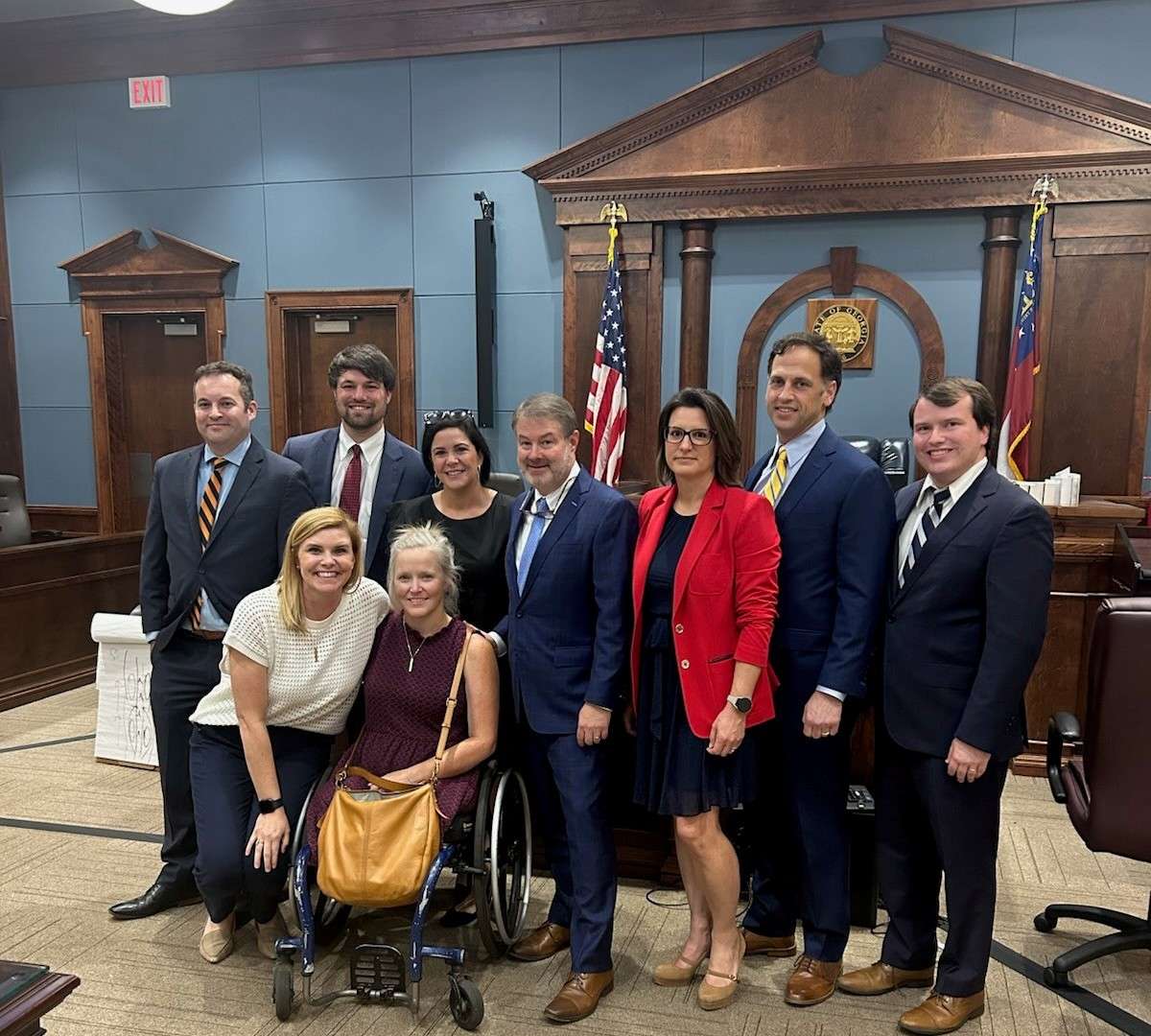Do I Need to Give an Accident Statement to the Auto Insurance Company?
Immediately after a serious auto accident, the world stops for a brief moment. Then, everything becomes a flurry of action as your passengers, bystanders, police, and emergency services focus on you and others involved in the crash. Within hours, you’ll have told your story to everyone from police officers to the auto repair shop, from doctors and EMTs to your own insurance company.
One additional party is often eager to hear your story: the other driver’s insurance company. In fact, they often reach out as soon as they possibly can and want a statement on the spot.
The adjuster assigned to your case is on the hunt for your story, along with any information they can gather from police reports, bystanders, and occasionally your personal acquaintances. While these other sources can provide some information, your statement is crucial in their investigation, and they will not stop asking until they have the information they need. Make no mistake, more often than not, the goal of an adversarial insurance adjuster is to get something, anything, in your statement that will assist them in denying your claim or reducing your damages and corresponding compensation. Despite how jovial and congenial they may first appear, they are not your friend.
But are you required to speak with the adjuster from the opposing driver’s insurance? Are you required to give an accident statement? Is it in your best interest to retell your story to this particular audience? What should you do when they arrive at your door or reach out by telephone?
Protect Your Own Interests
Insurers must operate under the presumption that their own client’s account of events is accurate, and they will gather as much additional information as possible to back up that story. Any insurer has a vested interest in reducing their own payout, and that is typically achieved by shifting the liability away from their own client.
Even if the facts of the accident seem to obviously indicate that the other driver is at fault, do not assume that their insurer will share that conclusion, or that every statement from witnesses accurately describes your experience. Assume each and every conversation with an opposing insurer is recorded (and it isn’t just for “quality assurance purposes”). Protect your own interests by seeking advice from a qualified personal injury attorney before speaking with anyone from the other driver’s insurer. Literally, it could make all the difference in your case.
Avoid Pitfalls
Adjusters are tasked with getting your statement as soon as possible after the incident, and they may employ some misleading techniques to do so. Immediately turn away any representative from the other driver’s insurance company, and especially be on your guard for the following tactics.
Adjusters may say they just want to ask a few questions or want to confirm some details about the scene. Regardless of the terminology, know that whatever you say will be taken as your statement about the incident. Your words will be used in negotiations for a settlement, and they will absolutely use your words against you should you later pursue litigation.
Adjusters ask to speak to you while you’re on medication that may impact your memory, cognitive function, or ability to perceive the situation accurately. After a major collision, your ability to clearly remember and relate your experience is likely to be negatively impacted by stress, newly prescribed medications, or impaired memory. While some adjusters are cognizant of this and will wait until you are able to accurately tell your story, many will not give you that courtesy. Moreover, early on the full effects of an injury often aren’t experienced until some time has elapsed after a collision. Should you mistakenly downplay the severity of your injuries, it will be used against you.
Adjusters are trained to look for self-incriminating responses. They are experts, you are not. Even if you think you’ve answered every question perfectly and have been extremely clear about what happened, adjusters know how to use your words to undermine your case in ways you will likely not anticipate.
Adjusters sometimes ask their questions while using your answers to create a written narrative of the collision. Once you’ve finished, they show you the written statement and ask you to review and sign it. While this scenario might seem like an obvious red flag, be aware that some adjusters will even offer you the opportunity to print “I refuse to sign” and sign your name under that. Thus, a signed statement is born – along with a classic example of why you should never give a statement without legal counsel.
Adjusters will often inform you that a recorded statement is required. Many times, they will present themselves as friendly and harmless in the process. Do not be fooled. Recorded statements to the opposing insurer are not required, and again, these adjusters are not your friend. Your best course of action is to speak with a qualified personal injury attorney as soon as possible.
Contact A Personal Injury Attorney
When you’ve been injured in a collision, it’s natural to assume that everyone is impartially seeking the truth. However, the adjuster representing the other driver’s insurance company will not be so unbiased. To ensure that your losses and injuries are appropriately compensated, seek the counsel of a qualified personal injury attorney immediately. Our expertise in the law will allow you to share your statement accurately, without jeopardizing your case or allowing their adjuster to shift the liability to you.
Lazenby Law Group is dedicated to seeking justice for our clients. Don’t allow yourself to fall prey to an unscrupulous adjuster, or simply make an error in your phrasing and terminology that later damages your case. Contact us immediately for a free consultation if you’ve been injured in an accident. We will respond promptly to support you and can provide a line of defense while you recover from your injuries.



